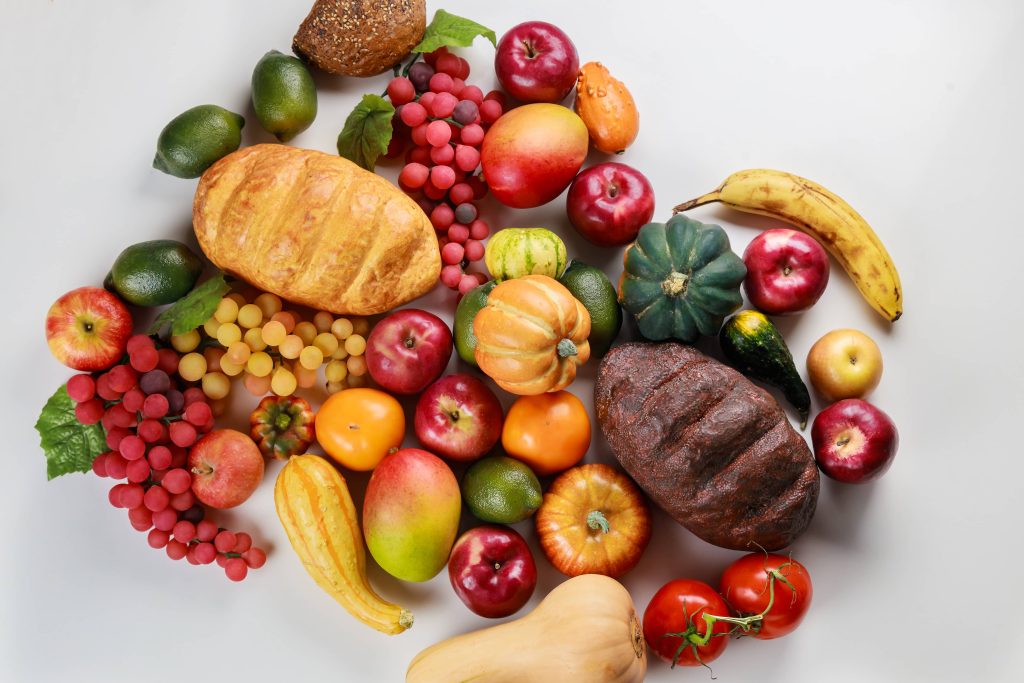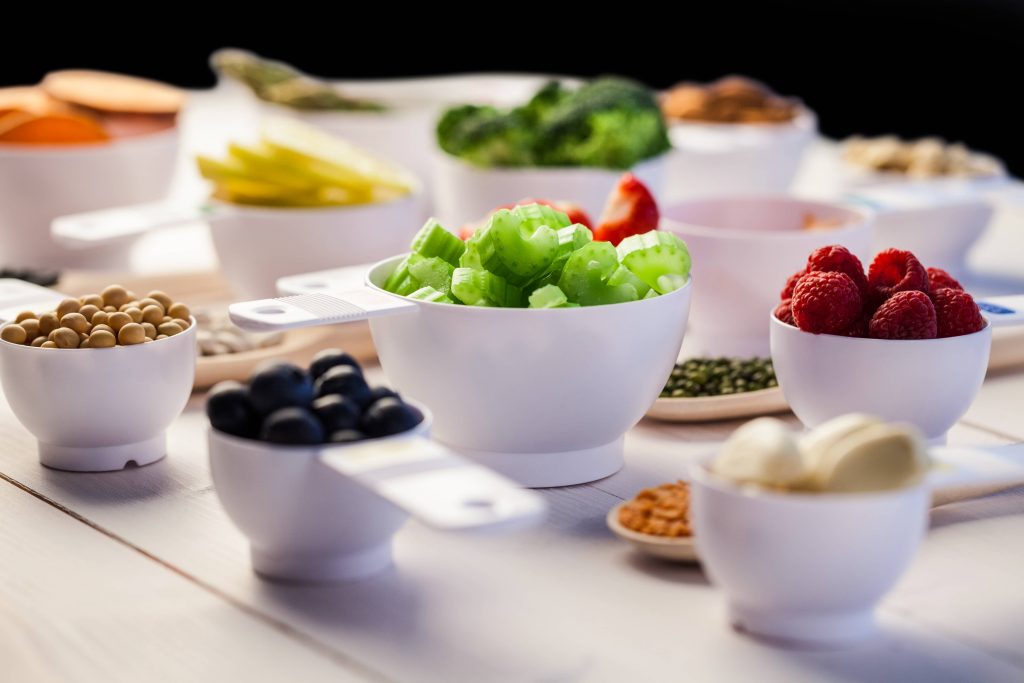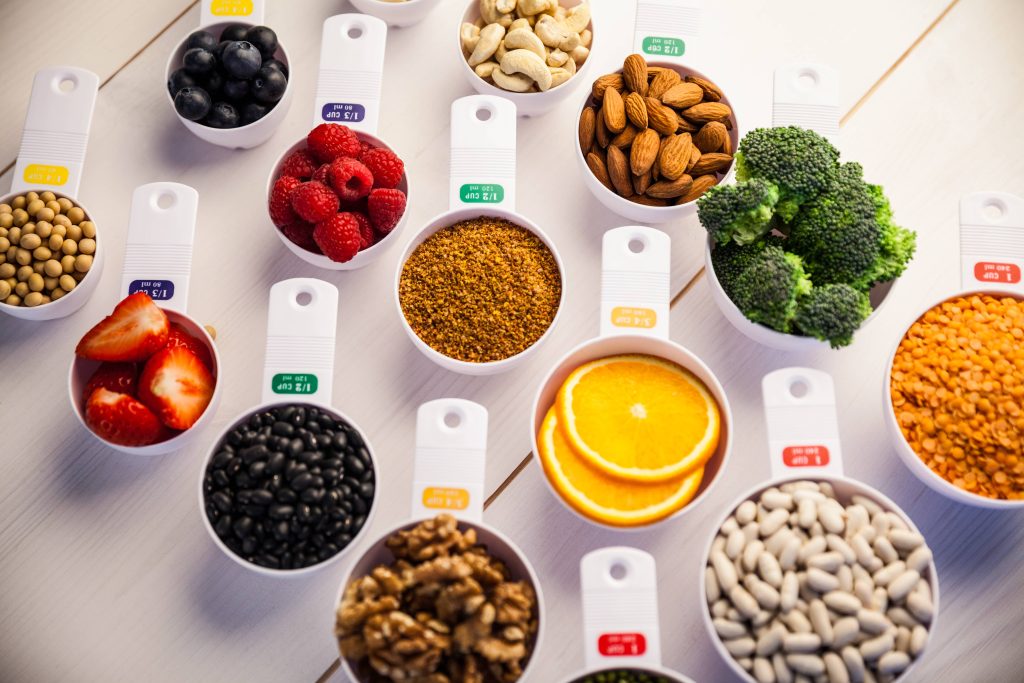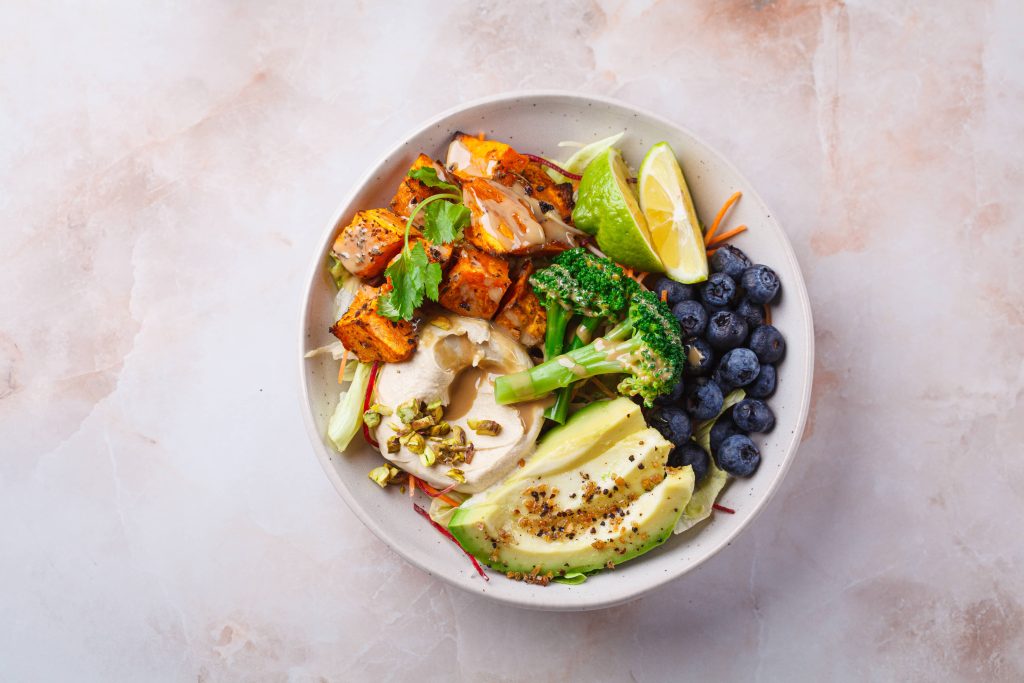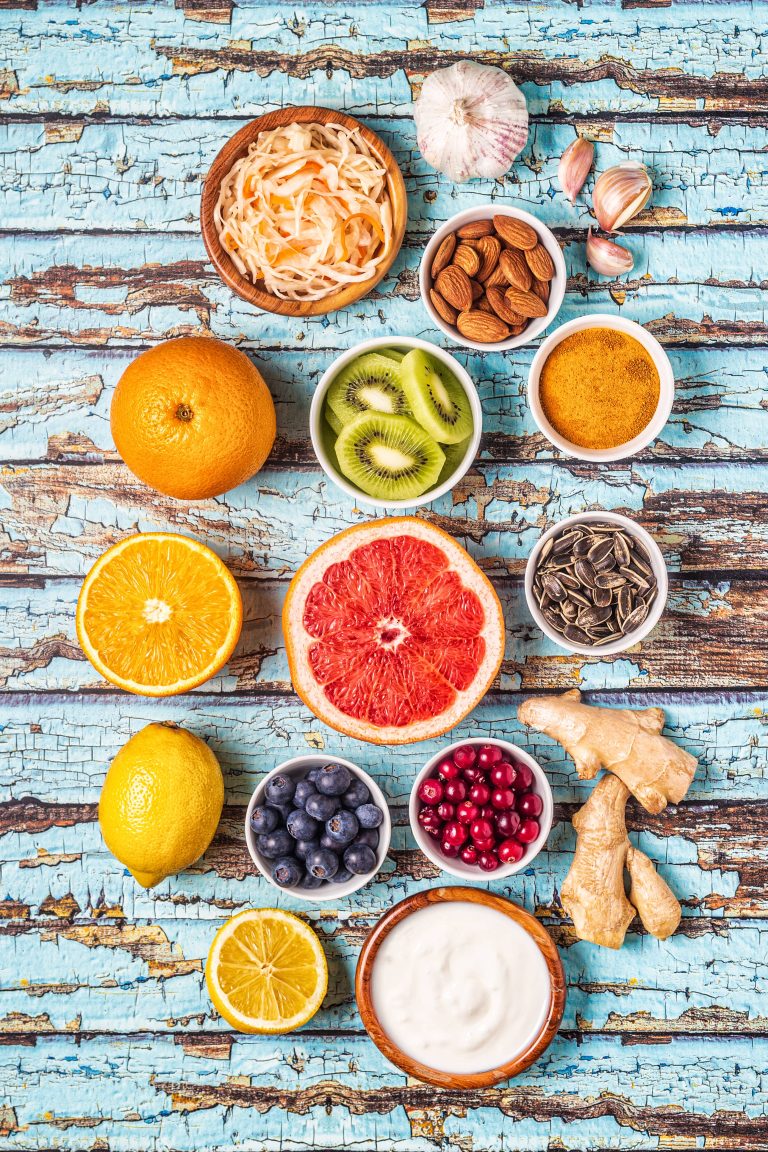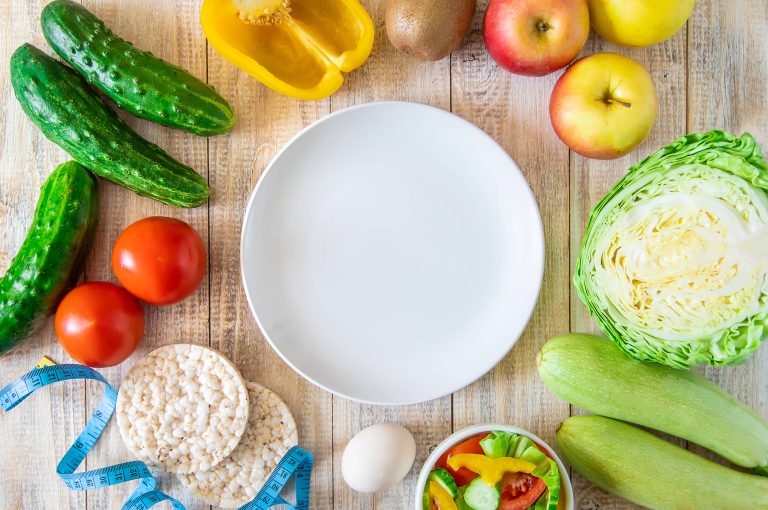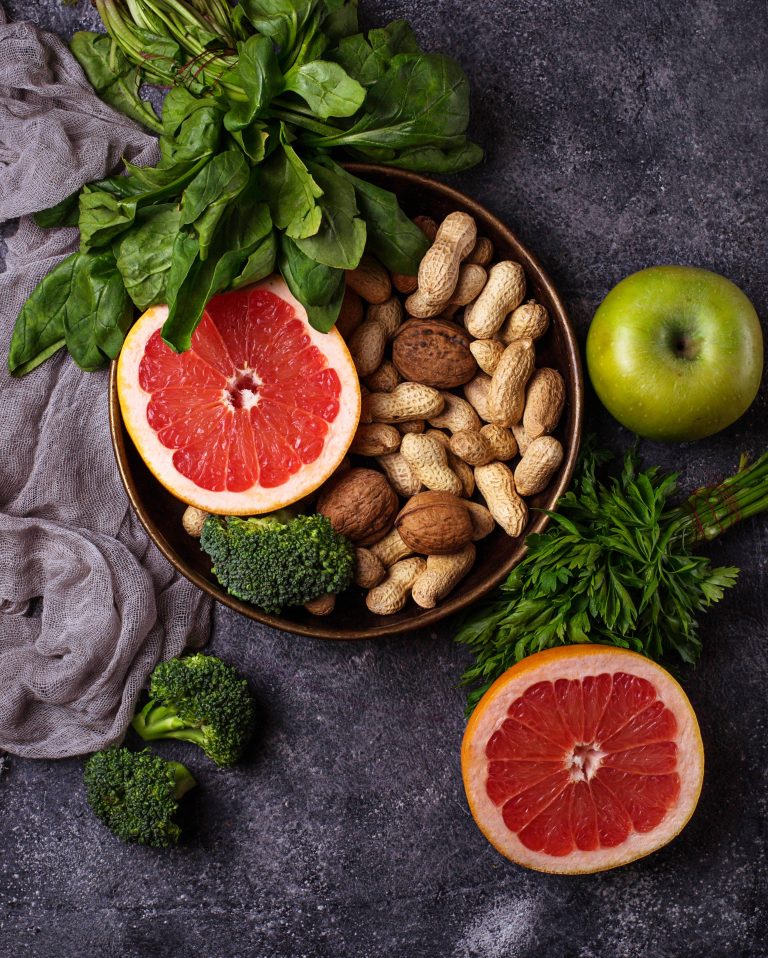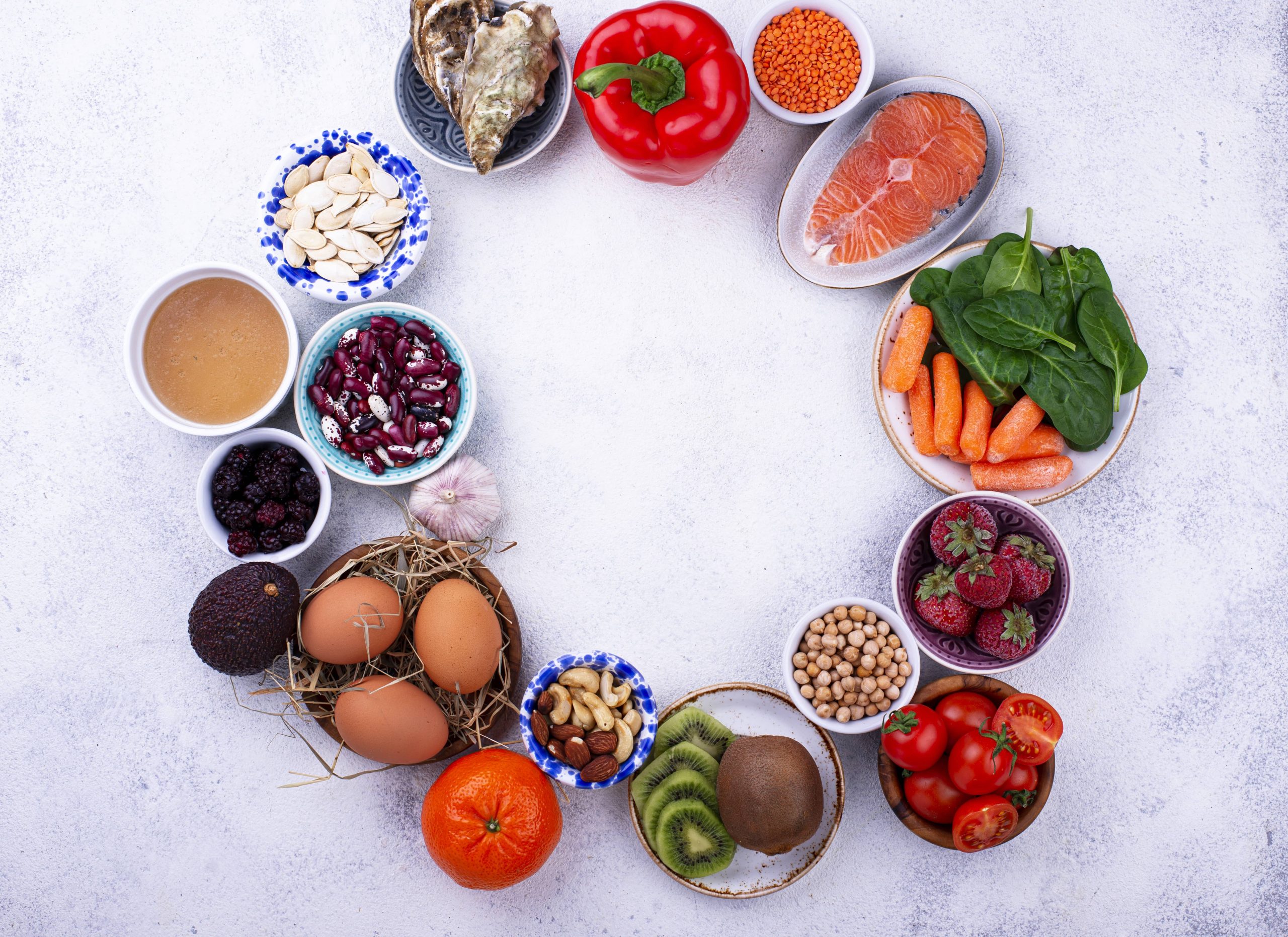
Adolescence is a pivotal period in human development, marking the transition from childhood to adulthood. During these years, the body undergoes rapid physical growth and hormonal changes, necessitating a diet rich in essential nutrients. Proper nutrition is not just a facilitator of growth; it’s a foundation for lifelong health. In this blog post, we delve into the most beneficial foods that can support and promote healthy growth in adolescents.
The Importance of Nutrition during Adolescence
Before identifying the most beneficial foods, it’s crucial to understand why nutrition is so vital during adolescence. This stage of life is characterized by the need for increased calories, protein, vitamins, and minerals to support accelerated growth in bones, muscles, and overall body development. Nutritional deficiencies during adolescence can lead to stunted growth, reduced bone mass, and an increased risk of chronic diseases later in life. Therefore, providing adolescents with a balanced diet full of nutrient-dense foods is fundamental for ensuring they reach their full growth potential.
1. Protein-Packed Foods
Protein is essential for building and repairing tissues, making it a critical component of an adolescent’s diet to support growth and physical development. During adolescence, recommended dietary allowances for protein increase, as it’s vital for muscle mass and promoting growth spurts.
– Lean Meats and Poultry: Chicken, turkey, and lean cuts of beef and pork are excellent sources of high-quality protein and essential amino acids.
– Fish: Rich in omega-3 fatty acids, fish like salmon, tuna, and mackerel not only provide protein but also support brain development.
– Legumes and Tofu: For vegetarians or those looking to diversify their protein sources, beans, lentils, and tofu offer plant-based proteins.
2. Calcium-Rich Foods
Adolescence is a critical time for bone development, and calcium is pivotal in achieving peak bone mass. Adequate calcium intake minimizes the risk of osteoporosis and bone fractures later in life.
– Dairy Products: Milk, yogurt, and cheese are traditional sources of calcium. Low-fat dairy options can be particularly beneficial for adolescents conscious of their fat intake.
– Leafy Greens: Vegetables such as kale, broccoli, and bok choy are excellent plant-based sources of calcium.
– Fortified Foods: Fortified plant milks (like almond, soy, and rice milk) and orange juice are good alternatives for those who are lactose intolerant or prefer non-dairy options.
3. Iron and Vitamin C Combination
Iron is crucial for the production of hemoglobin, which carries oxygen in the blood. During adolescence, both boys and girls have increased iron needs due to growth spurts and, in girls, the onset of menstruation. Vitamin C enhances iron absorption, so it’s beneficial to combine the two.
– Red Meat and Vit-C Rich Fruits: Consuming red meat alongside fruits rich in vitamin C, such as oranges, strawberries, or kiwis, can significantly improve iron absorption.
– Beans and Lentils with Bell Peppers: Plant-based iron sources like beans and lentils can be paired with bell peppers to boost iron intake.
4. Whole Grains for Sustained Energy
Adolescents require energy to fuel their active lifestyles, and whole grains are excellent for providing sustained energy due to their complex carbohydrates.
– Oats and Quinoa: These grains are high in fiber and provide a steady source of energy essential for long school days and extracurricular activities.
– Whole Wheat Bread and Brown Rice: Opt for whole versions of these staples to maximize nutrient intake and benefit from the additional fiber, vitamins, and minerals.
5. Healthy Fats for Brain Development
Healthy fats are essential for brain development during adolescence. Omega-3 fatty acids, in particular, play a significant role in cognitive function.
– Nuts and Seeds: Almonds, walnuts, flaxseeds, and chia seeds are rich in heart-healthy fats and offer a mineral boost.
– Avocado: Packed with monounsaturated fats, avocado is a versatile food that can enhance many meals nutritionally.
6. Fruits and Vegetables for Overall Health
A diet rich in fruits and vegetables provides a multitude of vitamins, minerals, antioxidants, and fiber, all of which are crucial to support overall health and immunity during adolescence.
– Berries, Citrus, and Leafy Greens: These fruits and vegetables are loaded with essential nutrients like vitamin C, potassium, and folate, all important for adolescent growth and health.
– Carrots, Bell Peppers, and Tomatoes: High in vitamin A and other antioxidants, these foods support skin health and vision, crucial for growing teens.
7. Hydration
While our focus is primarily on foods, it’s essential not to overlook the importance of hydration. Water plays a significant role in maintaining energy levels and concentration, and supports all the bodily functions crucial during this period of growth.
Conclusion
Providing adolescents with a balanced and varied diet full of nutrient-dense foods is a cornerstone of supporting their growth and development. Encouraging a healthy relationship with food, where adolescents can appreciate the diverse range of foods and their health benefits, is important for lifelong health. Empowering them with knowledge about nutrition can help them make informed dietary choices that will support their well-being and growth during these crucial years and beyond. By integrating these beneficial foods into their daily meals, we can ensure that they are well-equipped with the nutrients necessary for achieving their potential in every aspect of life.

